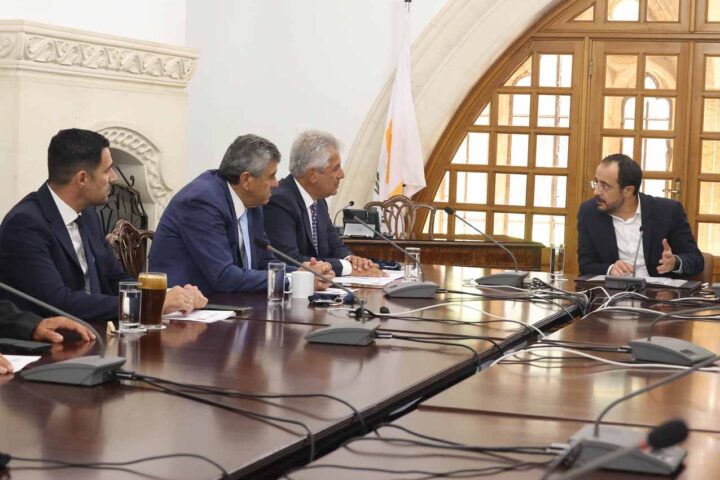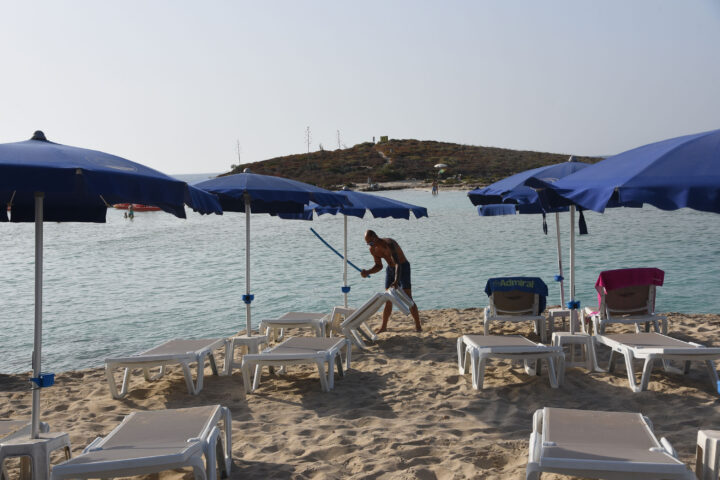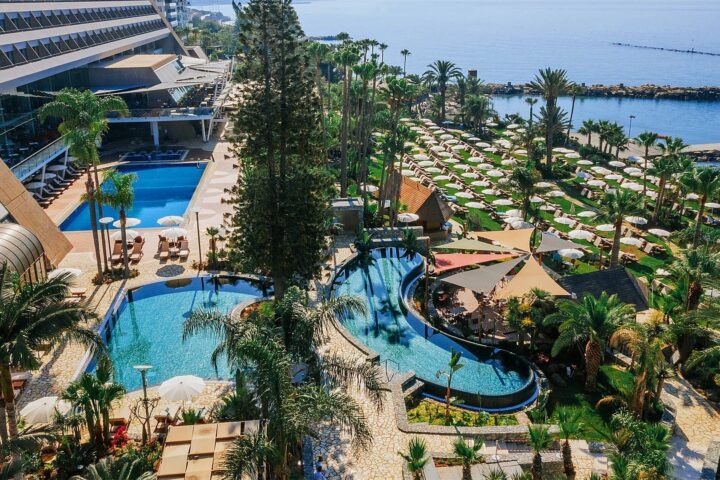Hoteliers said they had difficulty coping this summer due to 5,000 staff shortages, calling on authorities to intervene to resolve the issue before next year.
In comments to news site Stockwatch, the director general of the Cyprus Hotel Association, Philokypros Roussounides, said that labour shortages in the hospitality sector are recorded across the European Union and are expected to persist for another five years.
“That is why we need to take action and address the issue now,” stressed Roussounides.
He said the government had addressed the issue by allowing hoteliers to bring workers from third countries, which proved to be too little, too late.
“Despite the willingness of the late Labour Minister Zeta Emilianidou to approve permits for hoteliers, these were pushed through mid-season and were approved even later due to time-consuming paperwork”.
That is why the hoteliers are arguing that political decisions on the matter should be taken now so that hotels can hire workers before summer 2023.
He added that some 1,500 permits were approved, but only 100 people could get to the island due to red tape.
The CHA is satisfied with this year’s tourist season, despite difficulties arising from the war in Ukraine and the loss of some 800,00 Russian and Ukrainian tourists.
Bookings so far for September and October are between 65% and 75% of 2019.
“During autumn, we always see an increase in tourist flows from Britain and Germany, while this year there were also increased bookings from Poland and France,” said Roussounides.
He estimated the tourist season would close with occupancy close to 75%, compared to those recorded in 2019.
He avoided predicting how the winter months would play out, saying that most holiday bookings would be last minute due to the conditions.
He noted that the Christmas villages to be set up in the mountain communities this year are expected to attract visitors.
Planning ahead
According to Roussounides, hoteliers, in collaboration with the Deputy Ministry of Tourism, have started planning for the coming season, which is expected to be another tough year for the sector.
“It may be as difficult as this year or even more difficult because of the many challenges that we have before us, mainly due to the war in Ukraine.
“Energy costs, high fares, inflation and labour shortages, which also raise costs, create uncertainty”.
Roussounides explained that the war in Ukraine and an increase in the cost of living did not affect tourism because it coincided with the end of the pandemic that made people thirsty for travel and holiday escapes.
“For this reason, we have started planning early and are in constant communication with the Deputy Minister of Tourism to see how we can mitigate the impact of all these challenges.”










